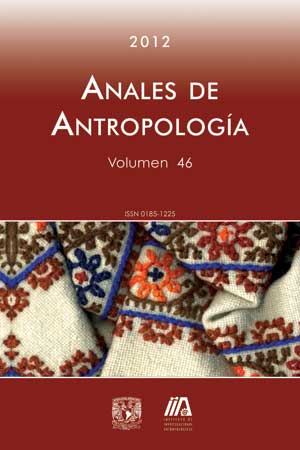Cyberspace, citizenship, academic capitalism: everyday student life and the teaching of anthropology
Main Article Content
Abstract
The present study deals with three characteristics of the current Mexican students of Anthropology and their personal and institutional surroundings, which are increasingly different from the conditions in which the majority of today’s anthropology professors were trained.
The first of these characteristics is the growing but unequal access to the vast amount of digitalized information, which is related with new forms of communication that have an impact on the abilities that are traditionally considered basic for a professional in anthropology. The second is the condition of citizens of the students in a depoliticized university that is lacking many key elements of a modern democracy. The third one is the utilitarian neoliberalism as a hegemonic organizational model in the university, which contradicts many of the values traditionally praised out as essentials for the science and for the profession.
These three characteristics make up the general conditions of today’s student life and should be analyzed as challenges to the traditional form to inculturate the future professionals of anthropological sciences.
Downloads
Article Details
Citas en Dimensions Service
Esta revista usa una licencia CC del tipo CC BY-NC-ND 3.0. Se maneja bajo el esquema de acceso abierto, con una licencia Creative Commons Attribution-NonCommercial-NoDerivs 3.0 Unported.
